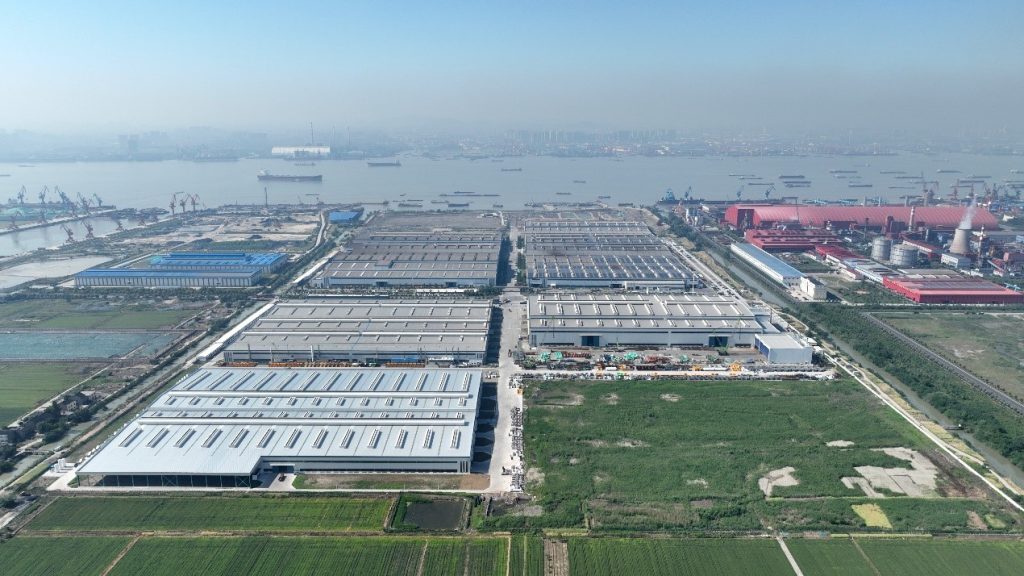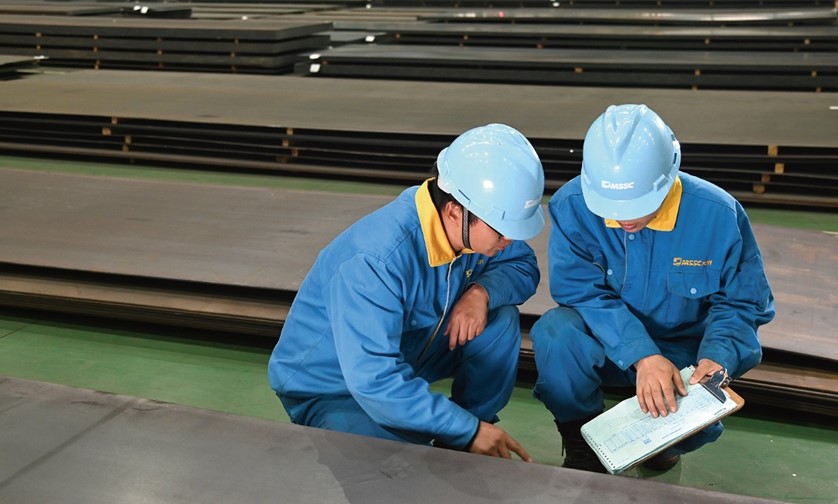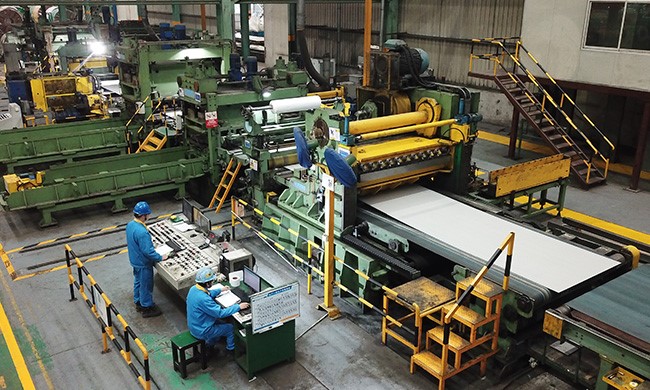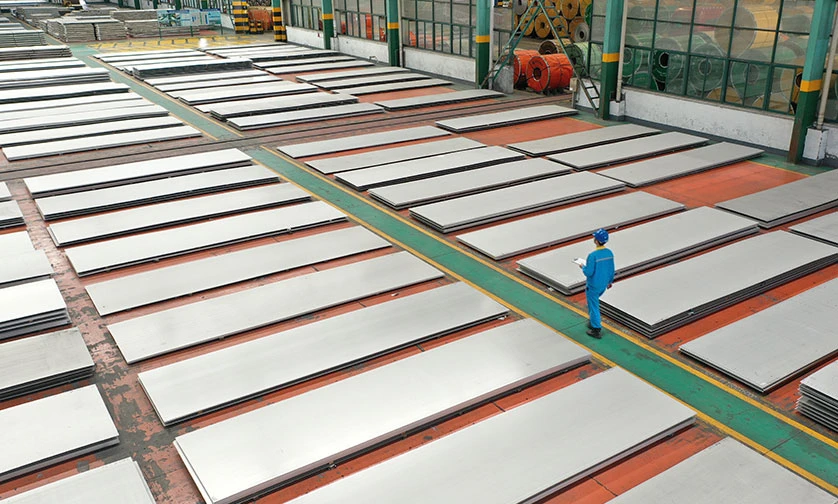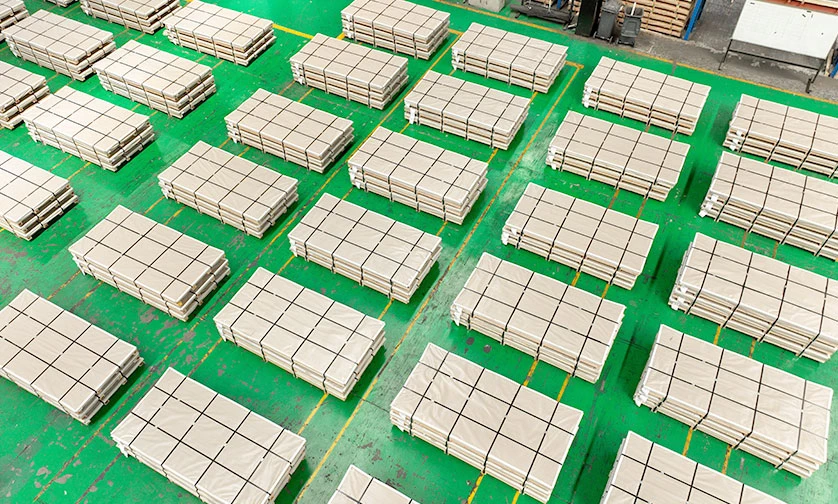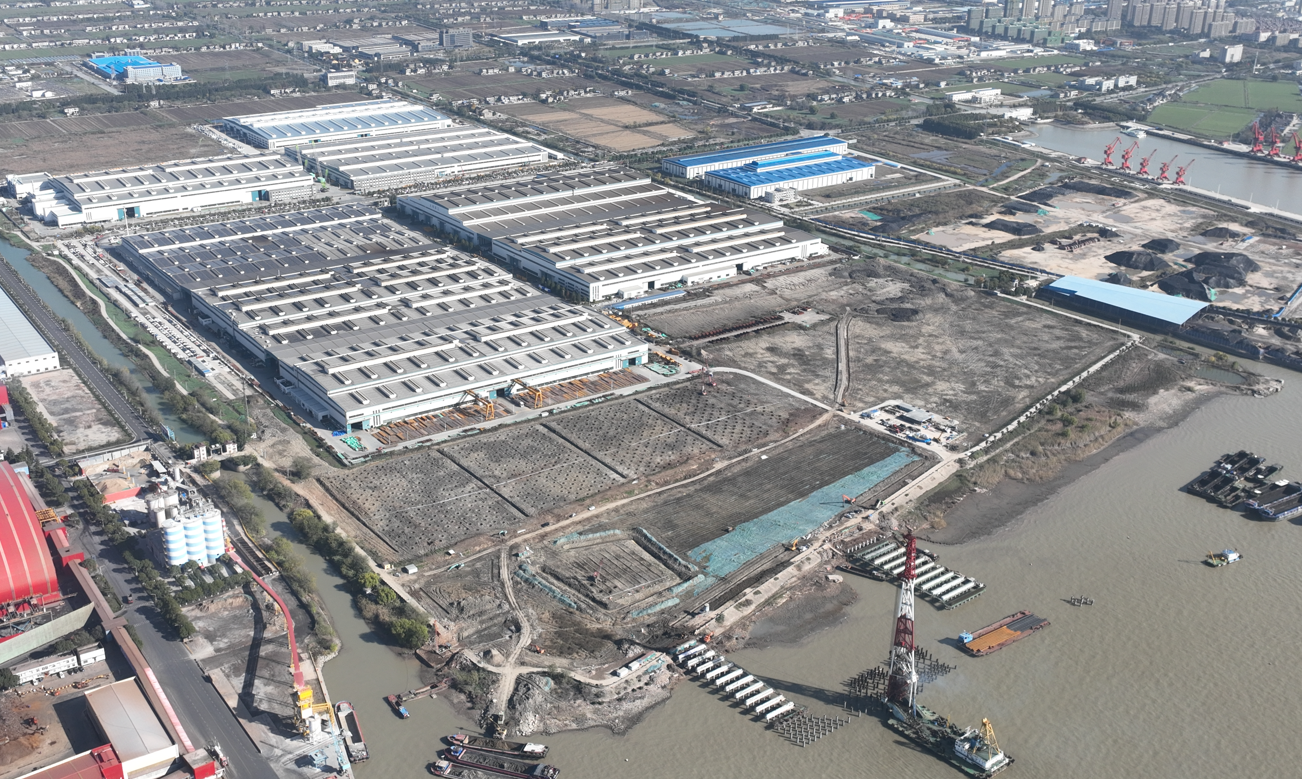Introduction to Steel Belts for Chemical Processing
Steel belts are a type of conveyor belt used in various industries, including chemical processing. These belts are made of high-grade stainless steel and are designed to withstand harsh chemical environments without any issues. Steel belts are flat and flexible, allowing them to be used in a variety of applications, including cooking, cooling, and freezing processes. The unique properties of steel belts make them an essential component in chemical processing, where materials must be transferred efficiently and securely.
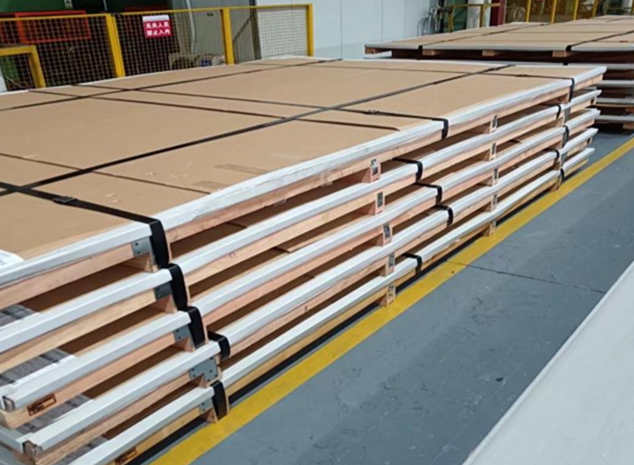
Steel belts are critical to the chemical processing industry due to their durability and strength. They can handle coarse bulk materials, hot and oil-based chemicals, and other harsh substances. Unlike traditional conveyor belts made of polymer-based plastics, steel belts can withstand the harsh chemical environments without any damage. Moreover, steel belts are easy to clean, maintain, and repair, making them a cost-effective solution for chemical processing plants. Steel belts from Berndorf Band are known for their high dynamic strength, perfect flatness, and tracking, making them a reliable choice for chemical processing.
Steel belts are different from traditional conveyors in several ways. Unlike traditional conveyors, steel belts run in straight lines without curves or turns. They are made of stainless steel, aluminum, or carbon steel, which makes them more durable and resistant to wear and tear. Steel belts are also customizable, allowing them to be tailored to specific applications in chemical processing. These unique features make steel belts a superior choice for handling chemicals and other materials in the chemical processing industry.
Advantages of Steel Belts in Chemical Processing
Steel belts have become increasingly popular in the chemical processing industry due to their exceptional corrosion resistance. Steel belts are generally made from carbon steel or stainless steel, which can withstand the harsh chemical environments commonly found in chemical processing plants. The use of steel belts in chemical processing can help prevent equipment failure and downtime, which can be costly. Steel belts are highly resistant to corrosion, making them an ideal material for conveying materials through chemical processes.
Another advantage of steel belts in chemical processing is their high-temperature resistance. Steel belts are excellent conductors of heat and can withstand extreme temperatures, making them suitable for conveying hot materials like powder or clump materials at high temperatures. This property makes steel belts ideal for conveying sintered ores, cokes, soda ash, and other chemical materials that require high-temperature processing. Additionally, steel belts are suitable for use in cooking, chilling, and freezer processes, where they can maintain their structural integrity and perform reliably.

The durability and longevity of steel belts make them an excellent choice for chemical processing applications. Steel belts from manufacturers like Berndorf Band are known for their high dynamic strength, perfect flatness, and tracking. They are resistant to deformation and mechanical stresses, making them ideal for conveying heavy loads and abrasive materials. Furthermore, steel belts are easy to clean and maintain, allowing them to perform optimally for long periods. They are also highly durable and can withstand the rigors of chemical processing, making them a cost-effective choice for many applications. In conclusion, steel belts offer many advantages in chemical processing, including corrosion resistance, high-temperature resistance, durability, and longevity. These properties make steel belts an ideal choice for conveying materials through chemical processes, preventing equipment failure, and minimizing downtime. Steel belts are also easy to clean and maintain, making them a cost-effective solution for many chemical processing applications. The durability of steel belts makes them a reliable choice for conveying heavy loads and abrasive materials, and their high-temperature resistance makes them suitable for conveying materials at high temperatures.
Applications of Steel Belts in Chemical Processing
Steel belts are widely used in the production of chemicals and fertilizers. These belts are designed to withstand the harsh conditions of chemical processing, including exposure to corrosive substances and extreme temperatures. Steel belts are used in a variety of chemical processing applications, including: – Mixing and blending – Drying and cooling – Granulation and compaction – Extrusion and molding The durability and strength of steel belts make them an ideal choice for these processes, ensuring reliable and efficient operation.
Steel belts are also commonly used in the processing of food and beverage products. The hygiene benefits of steel belts make them an attractive option for food processing, as they can be easily cleaned and sanitized. Steel belts are used in a variety of food processing applications, including: – Baking and cooking – Freezing and chilling – Conveying and packaging Steel belts are also used in the production of thin film/sheet products, such as high gloss steel belts for producing laminated boards. In addition, plastic belts can be used in food processing applications where product accumulation is needed.
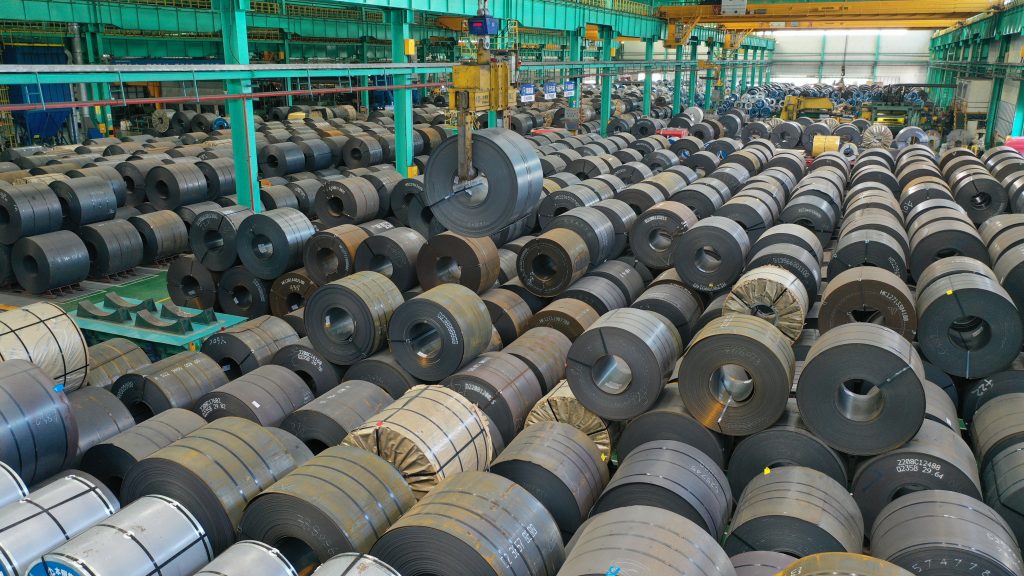
Steel belts are also used in recycling and waste management processes. Rubber belts are the most common type used for recycling, due to their strength and resistance to cuts and abrasion. Steel belts can also be used in these processes, particularly in the sorting and separation of waste materials. The durability and longevity of steel belts make them an ideal choice for these applications, as they can withstand the mechanical and thermal stresses involved in the various processing steps. Proper disposal of hazardous chemicals is also important in waste management, and steel belts can be used in the safe transport and handling of these substances.

